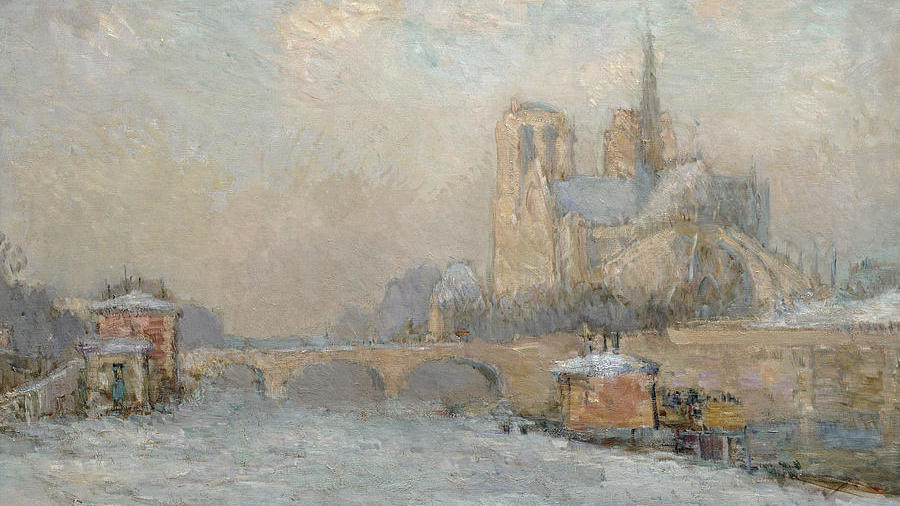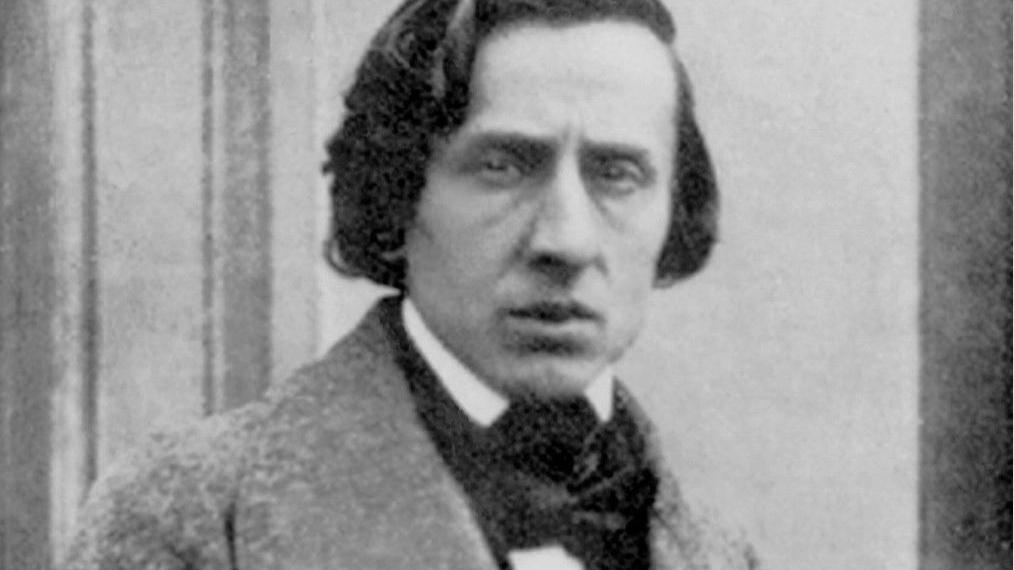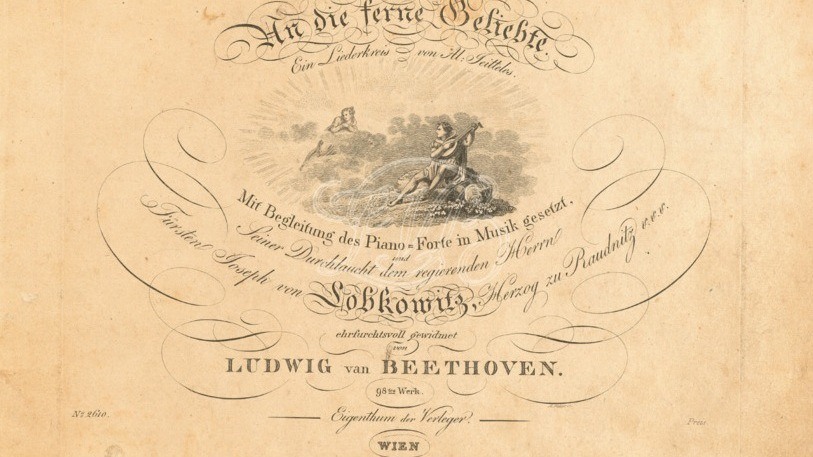The Organ of Notre-Dame: Music of Messiaen, Vierne, and Duruflé
Yesterday, it was reported that the historic organ of Paris’ Notre-Dame Cathedral was not damaged in Monday’s devastating fire. The news inspired me to return to The Listeners’ Club archive in search of recordings featuring the mighty instrument. One of the most notable is Olivier Latry’s performance of the famous Toccata from Charles-Marie Widor’s organ Symphony No. 5 in F minor. Olivier Latry has been one of Notre-Dame’s head organists since 1985. The proceeds from a …







